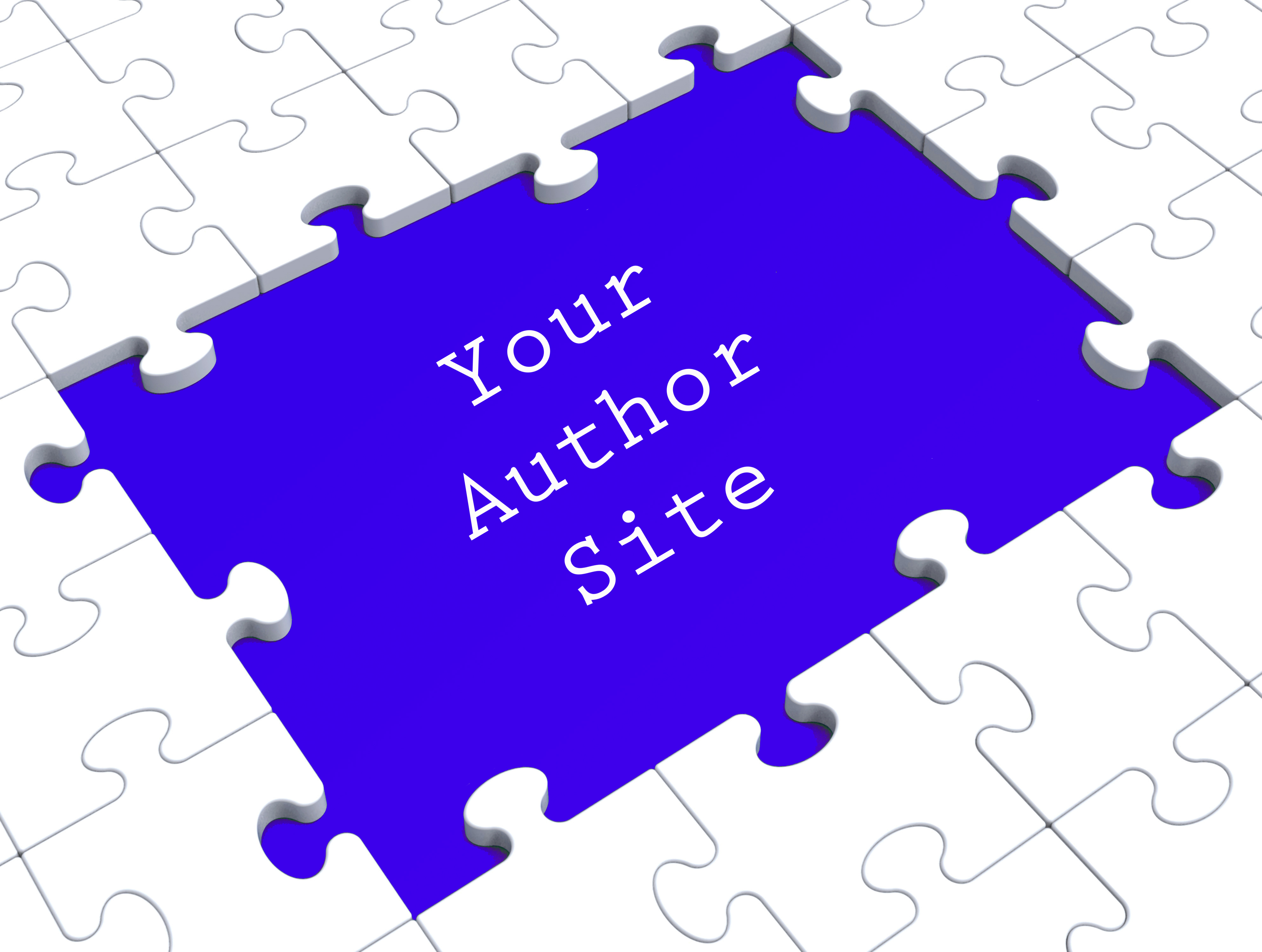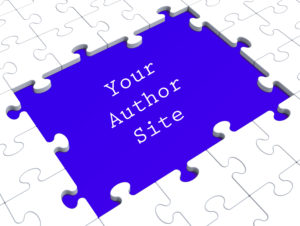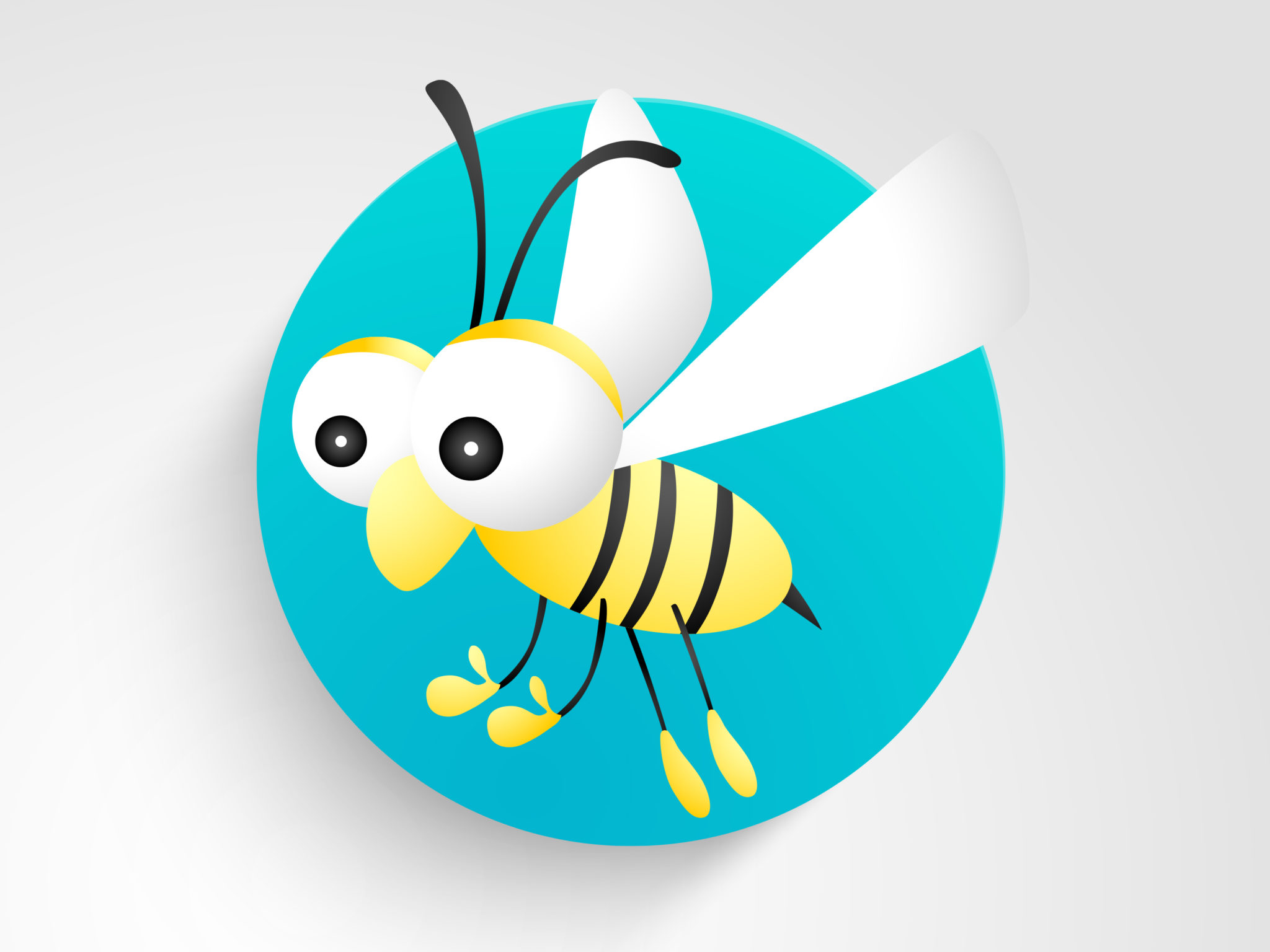Wow, over on The Digital Reader, comes out swinging against The Writer’s Workshop article Darth Amazon – or – Why Amazon Is An Evil Sith Lord, And Apple Is Luke Skywalker by David Lieder. You know what? Nate is correct. Both Amazon and Apple are big companies and suffer from the issues that plague big companies. But every author I have ever worked with has had the same consistent results. They get the majority of their exposure and sales from Amazon, with the iBook store a far second. Not only that, but to even upload your manuscript to the iBook store you must own a mac, and not a cheap one. (Is there even such a thing as a cheap mac?) It is also very difficult to get exposure on the iBook store unless you are already a very well established author. What are your thoughts or experiences?
~ * ~
Amazon Is An Evil Sith Lord, and Other Dumb Arguments Against Doing Business With Amazon
Posted on 24 January, 2016 by
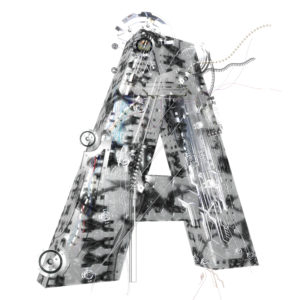 With Authors United’s
With Authors United’s debate recitation coming up on Wednesday, this week promises to have an excess of “evil Amazon is evil” whining, and David Lieder is getting a head start on the competition.
Writing over at The Writer’s Workshop, this David Streitfeld wannabe reaches into the depths of his ADS* to argue that authors should not not deal directly with Amazon.
So I want to argue that authors should avoid Amazon Kindle, ACX and Create Space, and explain why I recommend that authors use other distributors, except for allowing your books to trickle back onto the Amazon platform after the fact (from another propagator, such as Smashwords, Ingram-Spark, even Book Baby). I want to explain why I teach authors to boycott Amazon ACX (audiobook production) and to replace Create Space with the much better choice of Ingram-Spark (which has print books available to authors at about half the price of Create Space).
Apparently Lieder is a believer in what I am calling the condom theory, which goes something like this: So long as you wear a condom, you’re not technically having sex with your partner. (Yes, it is a dumb theory, but it’s his theory and his arguments, not mine).
To put it another way, this pint-sized Melville House thinks it is okay to do business with what he sees as evil so long as you have an intermediary in between. In his mind, you’re not dealing with the devil if you use a distributor who deals with the devil on your behalf.
I could explain why Lieder’s arguments are wrong, and point out the factual errors, half-truths, and errant nonsense in his piece, but I have already lost several brain cells reading that piece and I do not wish to expend any additional brain cells arguing the point.
So let me simply list a few:
- Discredited Argument: The fact that some Amazon ex-employees say it’s common for employees to break down crying because the pressures and attitudes across the board as a company are oppressive.
Read the full post on The Digital Reader
~ * ~
If you liked this article, please share. If you have suggestions for further articles, articles you would like to submit, or just general comments, please contact me at paula@publetariat.com or leave a message below


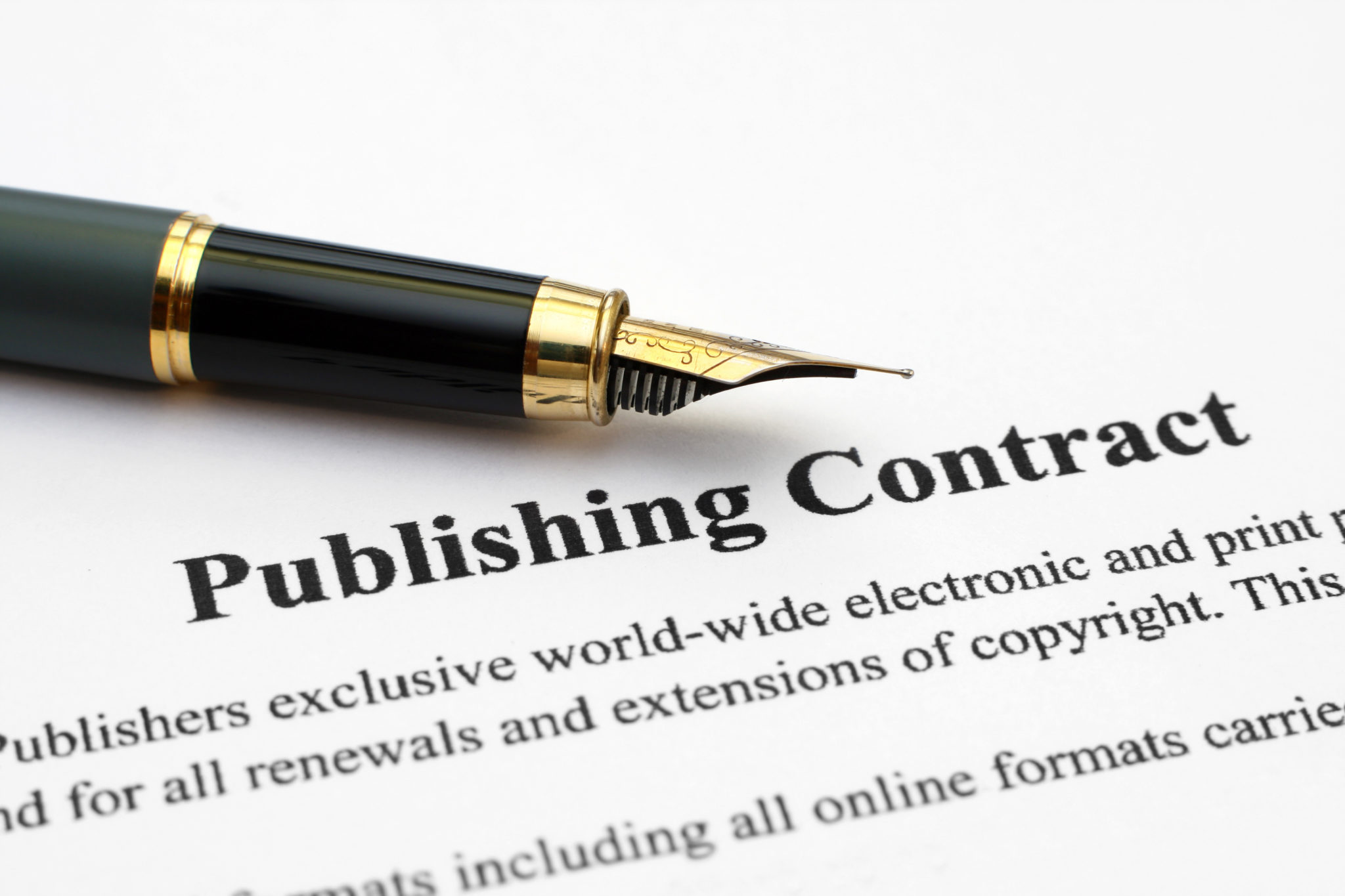
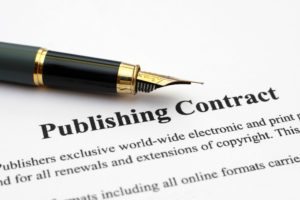




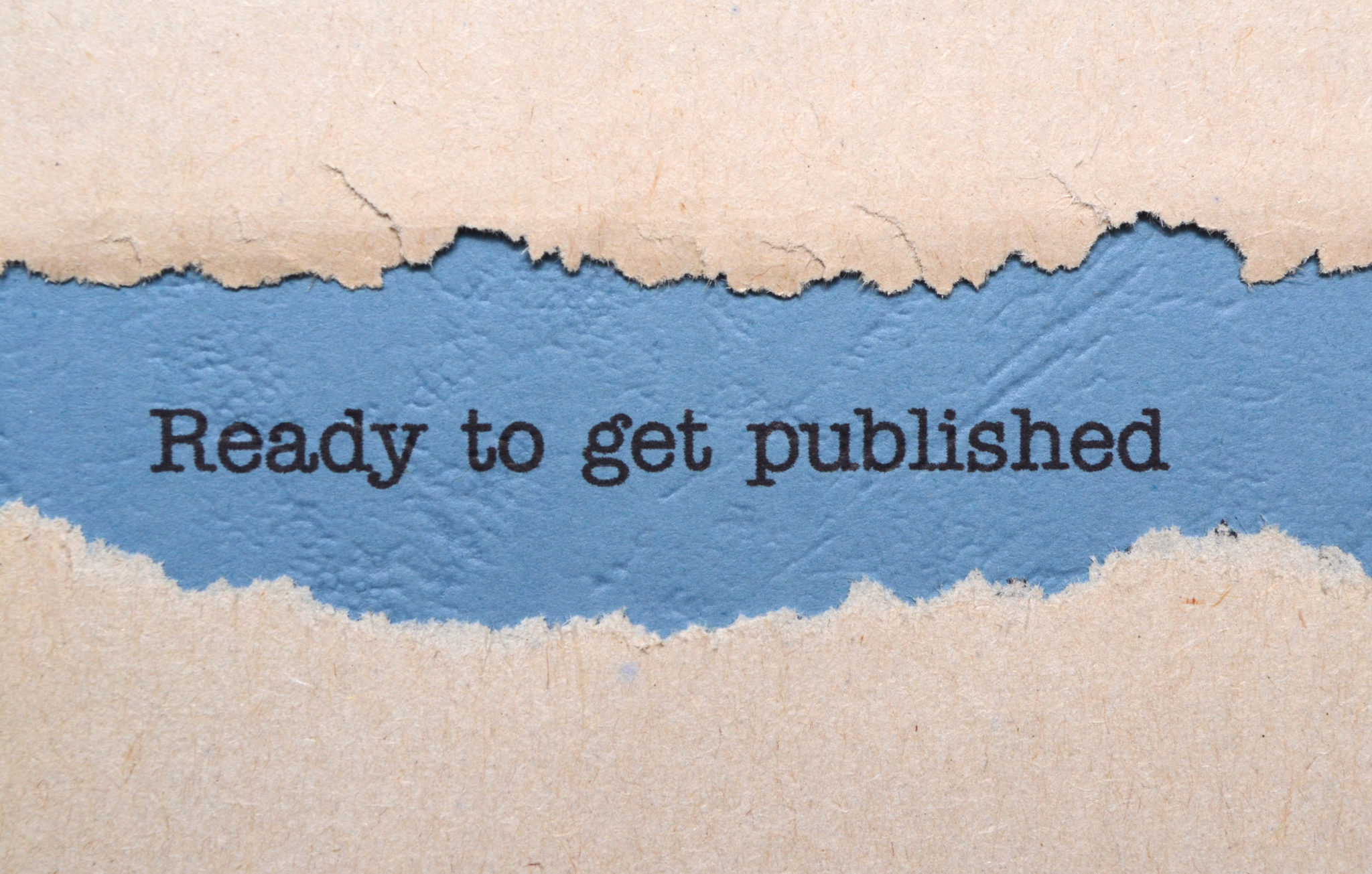
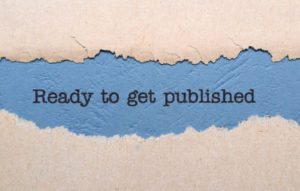 When writers ask me “Can you find me a literary agent?” they don’t realize it’s kind of like asking me “Can you find me the right spouse?” This is a research process and decision that’s best conducted by you. I think you’ll understand why by the end of this post.
When writers ask me “Can you find me a literary agent?” they don’t realize it’s kind of like asking me “Can you find me the right spouse?” This is a research process and decision that’s best conducted by you. I think you’ll understand why by the end of this post.


